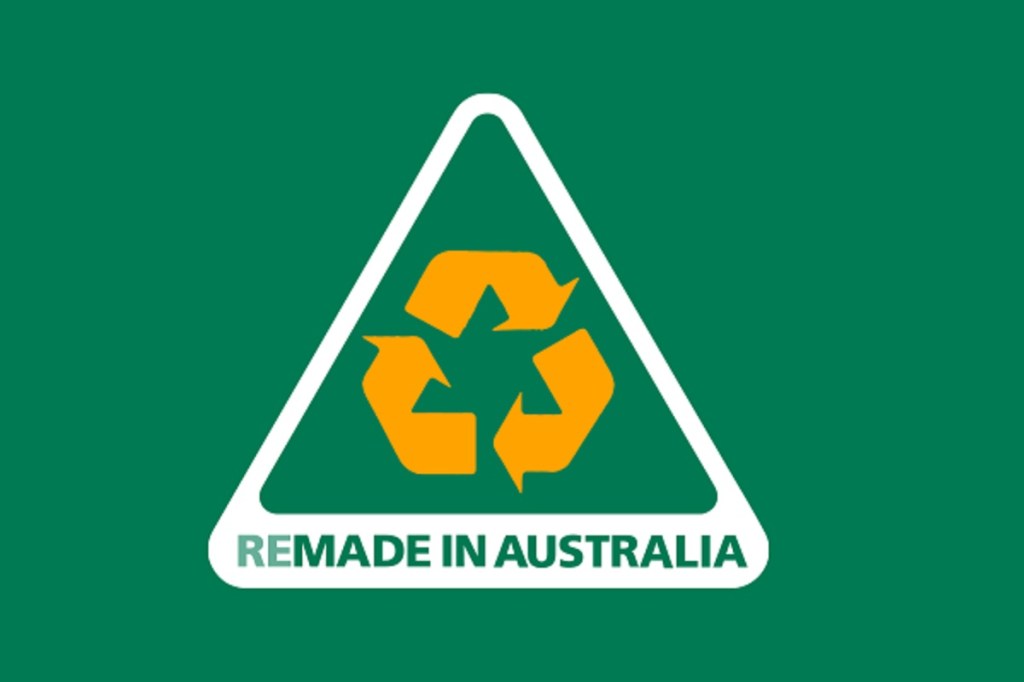The Federal Government’s new ‘ReMade in Australia’ campaign has been welcomed by the industry for its potential to drive economic growth and environmental protection.
Tanya Barden, CEO, the Australia Food and Grocery Council (AFGC), said the campaign will raise awareness of the initiatives industry is using to increase recycling, such as the National Plastics Recycling Scheme now being developed by the AFGC, and the Australasian Recycling Label program, which gives consumers the information they need to recycle packaging the right way.
“The AFGC is driving the development of Australia’s biggest recycling scheme for soft plastic packaging, the National Plastics Recycling Scheme (NPRS),” she said.
“The NPRS will increase the scale of soft plastics recycling in Australia and help create a true circular economy that drives demand for products that use recycled content.
“We welcome the renewed focus on manufacturing capabilities that will come with ReMade in Australia as it will give consumers confidence that their own recycling efforts are part of a national shift to build a circular economy.”
The NPRS will coordinate the efforts of food and grocery companies in helping meet Australia’s National Packaging Targets, which include a goal of recycling or composting 70 per cent of plastic packaging and incorporating an average of 50 per cent recycled content across all packaging by 2025.
“We know that the technical capability, the enthusiasm to invest and the desire to create new markets for recycled content exist in Australia and we welcome this new campaign for the attention it will bring to this vital industry,” Barden said.
ARA CEO Paul Zahra said Australian consumers are doing the right thing by recycling more and the ReMade in Australia campaign will help establish critical new markets for recycled packaging and products, as we transition to the low-carbon, circular economy.
“There are many ways consumers and retailers can demonstrate their commitment to the environment, but recycling is often most front of mind because it’s something we do daily. It is also a low complexity starting point for businesses and individuals on a broader journey towards deeper environmental commitments,” Zahra said.
“The Remade in Australia campaign will continue to promote the importance of recycling, encouraging the community to recycle more and incentivising greater investment in the local waste, recycling and resource recovery sector.
“More importantly though, the campaign will fast-track the growth of new markets in recycled content, enabling more producers to move away from virgin materials for their packaging and products. These types of measures are critical in the transition to a more circular economy, which will play a key role in the decarbonisation of the retail sector as we highlighted in the recent launch of our Net-zero Roadmap for Australian retailers.”
The ARA’s Net-zero Roadmap sets aspirational emissions-reduction targets for the Australian retail sector between 2030 and 2050. The roadmap outlines the suggested decisions, investments and actions that retailers need to make to achieve net-zero emissions, in five streams of work, or pathways.
One of these pathways includes embracing the circular economy, working with suppliers to produce more with less, and supporting consumers in the transition to more sustainable consumption. To realise this aspirational, the ARA has proposed the mainstream adoption of sustainable and circular packaging by 2030, and circular economy products by 2040.
“Accelerating the move to the circular economy is absolutely critical if our sector is to achieve net-zero emissions by 2050. We have a great foundation to build upon with recycling rates on packaging continuing to increase, so what we need to do more is make it easier for consumers to recycle more and develop new markets for more producers to use more recycled content.”

